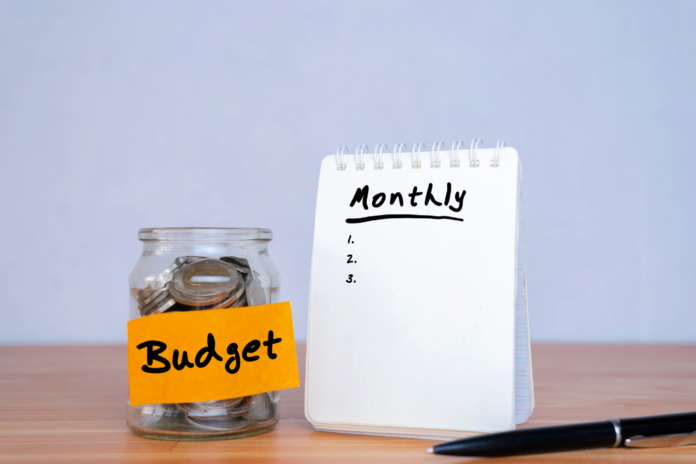While many people talk about the importance of a budget, what does that mean? Simply put, a budget is a plan that outlines how you’ll spend your money. Budgets outline your income and expenses, either known or expected.
Having a budget is a key factor in improving or maintaining financial health. You’ll have less stress about financial matters, when you take the time to create and follow a budget. Budgets also allows you to face financial challenges with ease and put you in better financial health.
If you want to build a sustainable budget though, you need to know what that means. These are four essential tips that will help you when creating and following a budget.
- List All Your Incomes
Your income is an essential part of your budget. While some people may have one income that doesn’t change much throughout the year, other people may have varying income. They may have bonuses, have several jobs, or have income from other sources. To plan out what you can spend, you need to know how much you’ll be receiving.
For example, if you have two part-time jobs, your hours may vary slightly. However, you can look at past paychecks to determine the average amount of money that you make each month. This amount may change, but it will provide you with an estimate of how much you can expect to earn each month.
- Use Credit Wisely and Sparingly
Some people avoid credit altogether, but it’s a good idea to have credit available. You’ll need a credit history to make larger purchases such as a house or car. However, credit can be dangerous when not used well. You should always ask yourself if you’re using credit wisely and limit how much you take out in credit.
If you have a credit card, it’s easy to make large purchases. If you can pay off the balance each month, then you’re in good shape. However, credit card debt has high-interest rates and may be difficult or impossible to pay off. If you have a credit card, track your spending carefully and avoid impulse purchases that may increase your risk.
- Keep Your Checkbook Balanced
This is a term that many younger people don’t understand. However, it means that you should not spend more than you make. When checks were more commonly used, people would track their income and expenses to avoid overdrawing their checking accounts. Today, you may not use checks often. However, every time you make a purchase, document this as an expense. Subtract it from your income to make sure you know where your money goes each month.
- Reduce Expenses
Perhaps, you find it difficult to keep your checkbook balanced, you may benefit from cutting back on what you spend. Look at where your money goes, consider where you can cut back and which expenses are the highest.
One example of this would be rent. While you need a place to live, is there a more affordable option? Could you save more by having a roommate? This is just one example, but there are many options to reduce expenses.
Creating a Solid Budget
Now that you have four effective steps to create a workable budget, it’s time to get started. Know where your money comes from, how you spend it, and how to limit what you spend. With these simple tips, you’ll be on the path to good financial health in no time.





